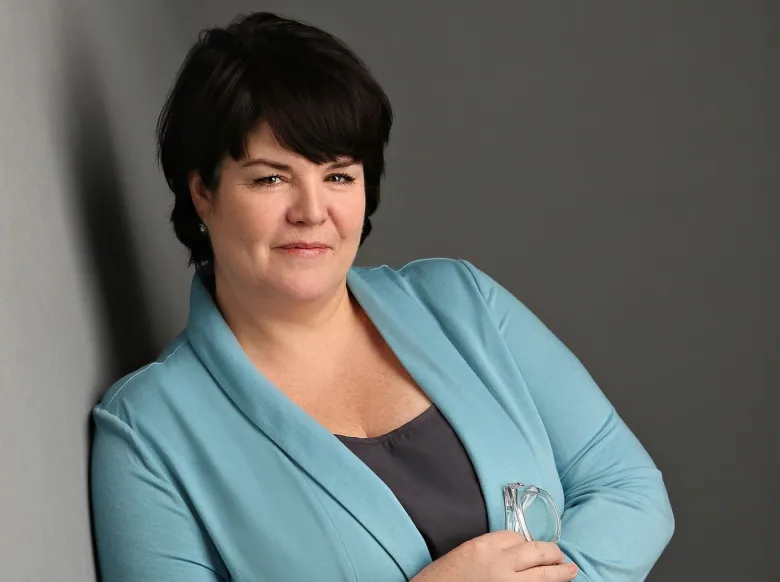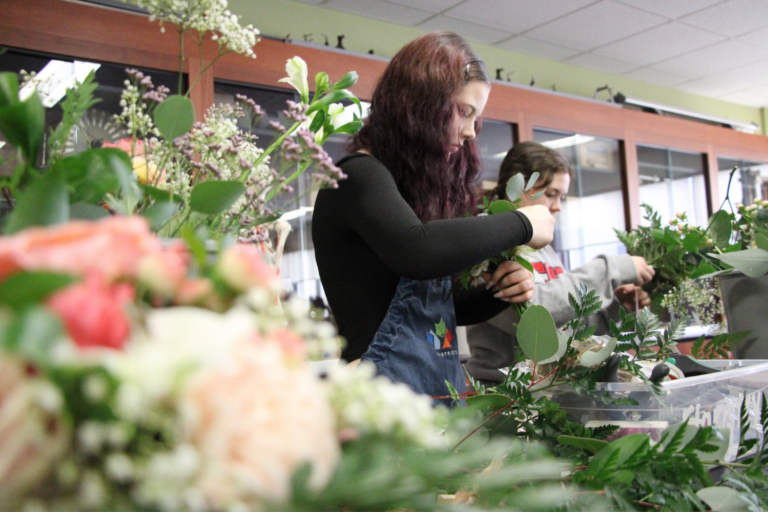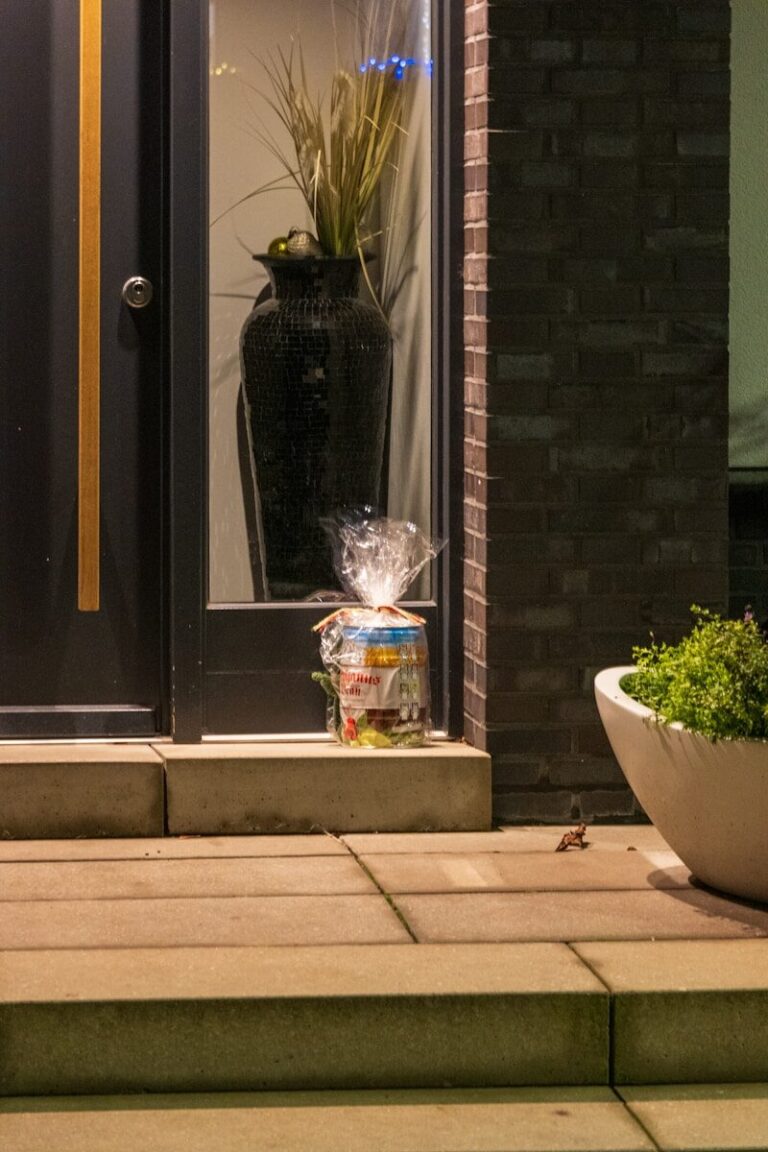
As it is customary during election time, The Seeker has sent each candidates questions to answer so they can introduce themselves, and their platform, to potential voters. The questions were sent to all candidates and they were given the opportunity to answer a minimum of five questions, but could answer as many as they wanted. We will publish their answers as they come in.
Questions by Jason Setnyk.
1 – Tell us about yourself and why you want to be the MPP of SDSG? b) What do you consider the most critical issue for our riding?
I’m the Deputy Mayor of South Dundas Township, a member of United Counties Council, a mother of two, a person who worked in federal, provincial and municipal levels of government, a community volunteer who served on school councils, fought to protect rural schools. I’m passionate about education, health care, mental health, the environment, agriculture, tourism, families and their economic well being. For too long our concerns at Queen’s Park have not been heard, it is time to have a representative that can network within the government system and deliver results for our communities.
2 – Tell us why you think your party leader is the best candidate for Premier of Ontario?
In my personal conversations with Liberal leader Steven Del Duca I found him to be a very genuine, caring and thoughtful individual. I think his passion for the well being of others is what motivates him to public service and ensuring that the policies of the Liberal Party of Ontario as outlined in our platform best address the concerns of the residents of Ontario. As party leader, he implemented an extensive outreach to all parts of the province to ensure that we heard the concerns of residents and how they want to see them addressed.
3 – What will your political party do to address the cost of living and housing affordability?
We are slashing public transit fares across the province to $ 1. We will remove the provincial HST off of prepared food under $ 20.00. We plan to make buying and renting affordable by building urgently needed homes, putting land speculators on notice and closing the rent control loopholes created by the current government. A new Ontario home Building Corporation to finance and build housing of all types, end the wait list for social and supportive housing and build affordable homes for first time buyers. We’ll provide renters with a path to ownership and create a legal framework that protects renters to opt into rent-to-own agreements.
4 – What improvements need to be made to the healthcare system in Ontario?
We need to make investments to clear the surgical backlog, reduce wait time for mental health services and support modernized care for everyone. To accomplish this we’ll train and hire 100,00 nurses, doctors and other health care workers over the next six years. We will invest one billion dollars over the next two years to clear the surgical and diagnostic backlog. We will be respectful of all who work in the health care field. We will stop the expansion of for profit health care. Seniors who need care in their own homes will get it. Ontario needs a revolution in the way we care for our parents and grandparents and Liberals are prepared to deliver.
5 – Will taxes increase, decrease, or remain the same based on your party’s platform?
Increase the minimum wage to $16 an hour in January then develop regional living wages. Remove the provincial portion of the HST from prepared foods under $20. Introduce a surtax of one per cent on corporate profit above $1 billion. Introduce a new tax bracket for Ontarians with taxable income of over $500,000 per year, taxing at a rate of 15.16 per cent. Increase Old Age Security by $1,000 per year for eligible seniors. Enroll anyone without an employer benefits plan in a portable benefits plan, including self-employed, gig and contract workers. Forgive all student loans for nurses, paramedics and other health-care workers on the front-lines of COVID-19. Eliminate corporate taxes for two years for businesses most impacted by the pandemic. Increase disability support payment rates by 20 per cent and reintroduce a basic income pilot.
6 – In your opinion, how well did the Ford government handle the pandemic?
The conversion of Mr. Ford from COVID denier to a believer was rather interesting. It took him some time to understand that the science and medical officials were advising in the best interests of all Ontario. Unfortunately, Mr. Ford’s delay in acting put Ontario at risk for a longer period of time than necessary. It is also important to remember that some of his actions such as cuts in the health care field, privatization of long term care homes, reduction in inspections at the long term care homes all had ramifications during the pandemic. A good leader realizes he does not have all the answers and should seek out the best advice possible in formulating a decision and court of action. Mr. Ford was slow in carrying this out.
7 – Will the minimum wage increase under your party’s platform, and if yes, by how much?
The Minimum wage will increase to $ 16.00 an hour effecting January of 2023 affecting over 700,000 workers who have been denied a salary increase over the past three years. Recognizing that some areas are more expensive to live in than others, we will develop a regional living wage that factors in different rates for different regions of the province. We will scrap Bill 124 and raise the Personal Support Worker base pay to at least $ 25.00 an hour and increase wages for all health care workers. We will work with businesses to build a four day work week which could boost quality of life, work-life balance and provide much needed relief without the loss of productivity.
8 – Should we bring back Grade 13 temporarily to help students better prepare for post-secondary after numerous disruptions during the pandemic? Second, what can we do to make post-secondary schooling and training more affordable for students?
We will bring back Grade 13 as a more structured alternative to the informal and often discouraged “victory lap.” This will be a fully funded program giving the students the options they need for post secondary education requirement. The Ontario Liberal plan is to put 10 billion dollars back into education to improve facilities and give teachers and students the tools they need for a top notch education, and preparing them for their career goals.
In the area of post secondary education an Ontario Liberal government will cover tuition costs for those who need it by doubling the Ontario Student Assistance Program, maintaining the existing tuition freeze and eliminating interest on provincial student loans. We will make campuses better, safer places by supporting mental health and gender based violence prevention. We will get more people into skilled trades and apprenticeships by doubling existing federal incentive grants. Students studying for careers in the medical field and mental health will have free tuition.
9 – What will your political party do to address the environment and reduce vehicle emissions in Ontario?
A Liberal government will slash all public transit fares across the province to $ 1 until January 2024 taking 400,000 car trips off the road, reducing pollution and congestion. We’ll make it more affordable to bike, walk and drive by providing a $500.00 rebate for e-bikes. Transit will be completely free for veterans. Better engage local communities on local transit issues so that improvements can be made to highways like Highway 138 in our riding. We will require all new passenger vehicles sold in Ontario be zero emission by 2035, create zero emission mandates for medium and heavy duty vehicles, mandate electric vehicles and equipment across the public sector and in public transit and school buses.
10 – Does your party have a plan for affordable childcare, whether at daycare or before and after school programs?
We will implement a universal $ 10 a day licensed child care program. As the Ford government was slow in partnering with the federal government on the child care initiative we will make child care discounts retroactive giving parents $2, 750.00 per child. We will also deliver $ 10 before and after school care by September. Liberals will also top up the 18 month parental leave program so parents can stay at home longer without losing their benefits. We will create 30,000 new jobs for early childhood educators (ECEs) and other child care staff while enhancing pay and benefits for ECEs and provide free tuition for all ECE programs at Ontario’s colleges.
11 – How much will your political party commit to ODSP recipients? Should the benefits to disabled Ontarioians be at a living wage level?
Our plan includes a 2% increase per year for ODSP recipients following the first two 10% increases on July 1, 2022 and July 1, 2023. There will be a similar increase for Ontario Works recipients. We want to strengthen our social assistance programs so that recipients have a respectable quality of life.
12 – What small town/rural issues does your platform address? How could this benefit SDSG?
We want to ensure that small town rural Ontarians have access to the same quality of health care, education and opportunity as the rest of the province. To achieve this goal , we will invest in additional health services and cover tuition costs for medical and nursing students working in a rural or remote community, to ensure everyone has access to a family doctor or nurse practitioner. We will review and update how schools get funding in rural Ontario from top to bottom. We also want to bring high speed broadband internet to every Ontario household and business by 2025. We will work to help our farmers get ahead and are willing to take on mega-companies who have used their power to drive unfair negotiations with suppliers through a grocery code of conduct. We will also make Ontario’s food supply chain more resilient by preserving farmland and promoting sustainable farming techniques, as well as investing in additional regional processing capacity. We will also develop a made for rural climate action plan that recognizes the unique challenges of reducing greenhouse gases in remote settings and the agriculture sector, which will include working with federal partner to strengthen carbon tax rebates for farmers.












